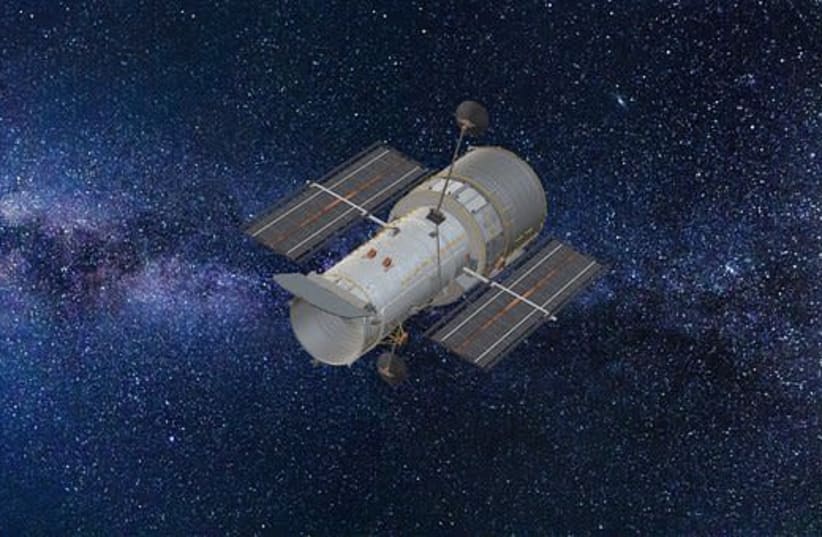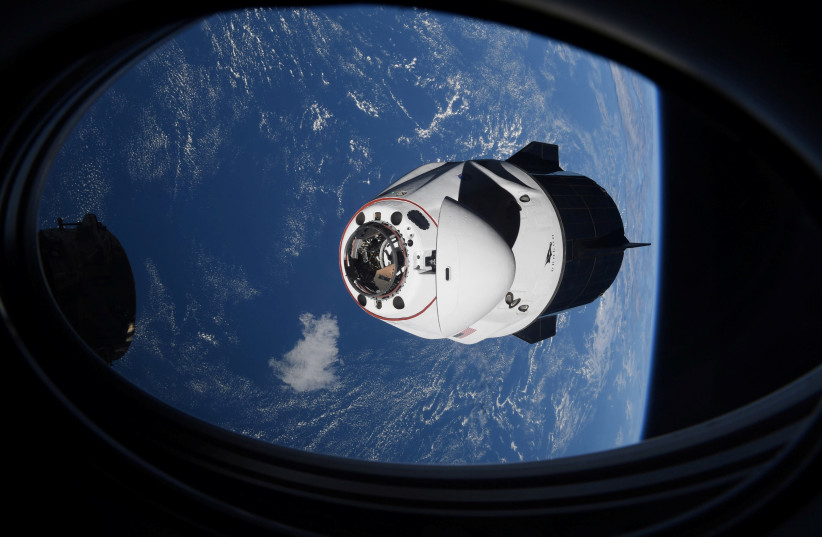NASA and Elon Musk's SpaceX have signed an agreement to see if it could be possible to push the Hubble Space Telescope into a higher orbit to extend its lifespan, all at no cost for the US government.
The Hubble Space Telescope was once NASA's flagship space telescope. Since it was launched in 1990 to its current location around 547 kilometers above the Earth, Hubble has been used to make many scientific discoveries about the solar system and the universe as a whole.
Since then, however, Hubble has been eclipsed by NASA's James Webb Space Telescope, equipped with the latest and most advanced technology to understand the universe like never before.
Despite this, Hubble remains in use and continues to be used for scientific study. However, its lifespan is limited as its orbit continues to decay.
Can NASA's Hubble Space Telescope be saved?
In theory, it might be possible.
The idea behind this endeavor is that SpaceX, in partnership with the Polaris Program though other companies could be involved, would try to use a SpaceX Dragon spacecraft to essentially push the telescope into a higher orbit, which in turn would make the orbit more stable.
It remains to be seen if this is possible, and it is estimated to take up to six months to collect all the necessary data to see if it could happen.
But if it does, it will give the historic Hubble Space Telescope several more years to its lifespan as the study of space continues.

